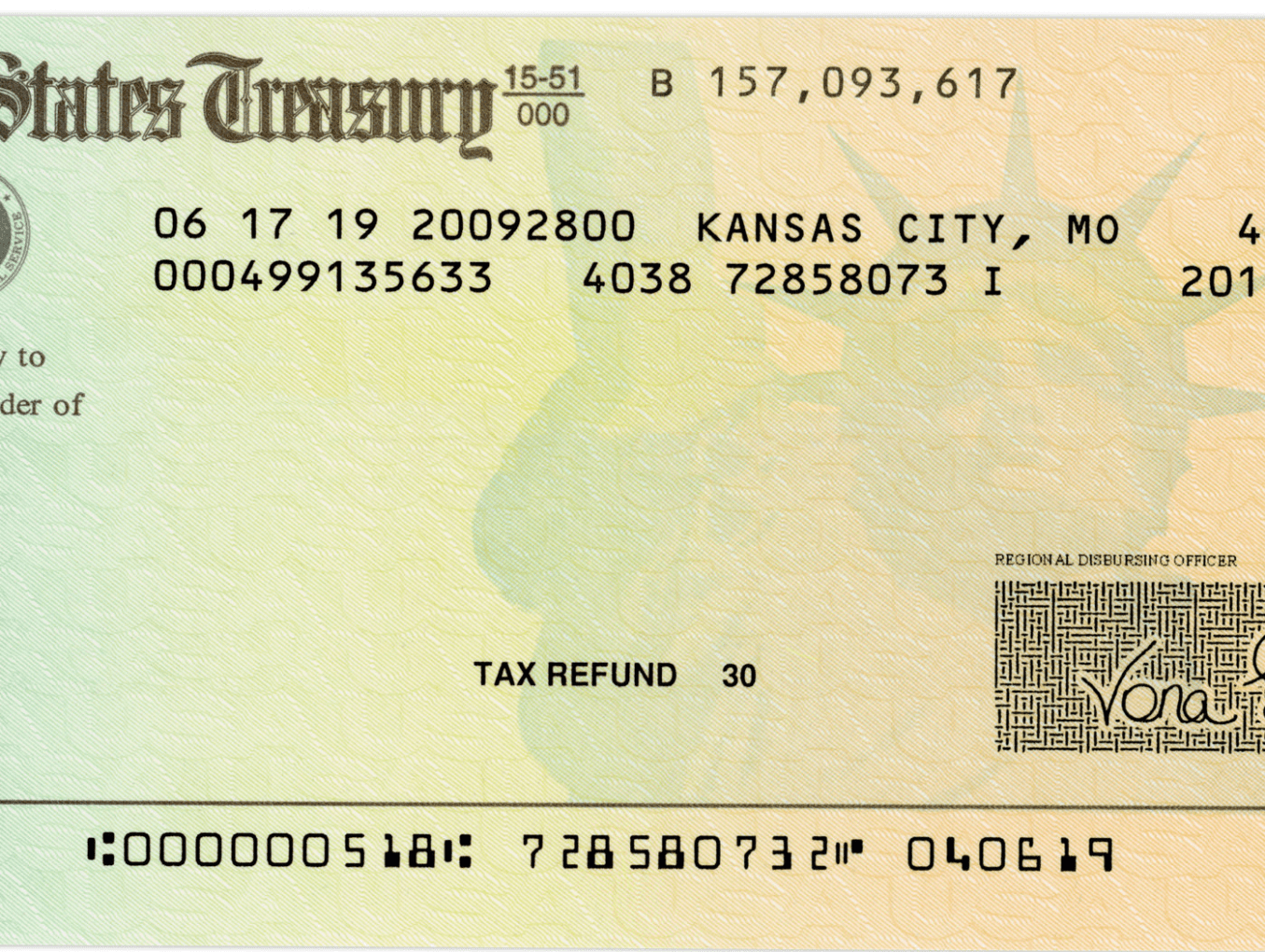An IRS Offer in Compromise (OIC) helps individuals experiencing financial hardship to settle their tax debt for a lower amount that is more affordable. OIC also allows for making installment payments rather than having to pay the full tax debt at once.
Although the Offer in Compromise program has far more benefits than drawbacks, for the first year after the IRS accepted an Offer in Compromise, the taxpayer historically had to forfeit any tax refund. This had been part of the OIC agreement since the IRS applied the first year’s tax refund to the outstanding tax balance.
Good news, the IRS is changing its Offer in Compromise refund policies to be more favorable for taxpayers with either an accepted OIC or pending OIC.
In November 2021, the IRS announced two changes to their OIC refund policies, both effective immediately. These Offer in Compromise changes offer much-needed additional tax relief to delinquent taxpayers who wish to settle their tax debt for less and do not want to lose their tax refund.
What Is the New Offer in Compromise Refund Offset Policy?
The new Offer in Compromise refund offset policy allows taxpayers with an OIC to receive their tax refund, even during the calendar year in which they entered into the Offer in Compromise with the IRS.
Before this change, losing the first year’s tax refund was automatic with an Offer in Compromise. The new OIC refund policy also allows delinquent taxpayers facing economic hardship to receive an Offset Bypass Refund (OBR) while they have an Offer in Compromise pending.
First Offer in Compromise Policy Change: Not Applying Current Year Refunds to Outstanding Tax Liability
Beginning November 2021, the IRS will no longer seize an individual’s tax refund during the first year in which that person enters into an Offer in Compromise.
What Was the Original OIC Refund Policy?
Before this OIC refund change, taxpayers always forfeited their tax refund the year they entered into an OIC. For instance, if a person had an OIC accepted by the IRS in 2020, they would not receive a tax refund in 2021 when filing the prior year’s taxes. Instead, the IRS would keep the money and apply it toward the individual’s outstanding tax debt.
What Is the New OIC Refund Policy?
Under the new OIC refund policy, the IRS no longer does this. If a taxpayer has an Offer in Compromise accepted by the IRS on or after November 1, 2021, and they file their taxes for the 2021 tax year by the 2022 tax deadline, they are eligible to receive a tax refund.
What Are the Exceptions to the New OIC Refund Policy?
Once a taxpayer has an Offer in Compromise approved by the IRS, they may not game the system by filing amended tax returns that request refunds for tax years not covered by the OIC. The only year for which the policy change allows for a tax refund is the current year in which the IRS accepts the Offer in Compromise.
Second Offer in Compromise Policy Change: For Hardship Situations, the Offset Bypass Refund Is Now Available While an Offer in Compromise Is Pending
This policy change allows individuals with an Offer in Compromise pending to receive an Offset Bypass Refund (OBR) if they can prove they have a financial hardship.
What Was the Original OIC Offset Bypass Refund Policy?
The original OBR policy was that the IRS did not grant an Offset Bypass Refund to taxpayers with an Offer in Compromise pending. The IRS logic was that if the OIC is accepted, the taxpayer would be receiving a substantial reduction to their tax debt and thus would not need extra assistance from an OBR.
What Is the New OIC Offset Bypass Refund Policy?
The new OBR policy allows a taxpayer with a pending Offer in Compromise and a proven economic hardship to receive some or all of a tax refund otherwise earmarked to cover unpaid taxes. The Offset Bypass Refund amount the taxpayer is eligible to receive is equal to the amount the IRS believes they need to satisfy their hardship.
What Is an Offset Bypass Refund (OBR)?
An Offset Bypass Refund is a tax refund that would normally be seized by the IRS and used to pay back taxes or other federal debts but is instead given to the delinquent taxpayer to cover an economic hardship.

